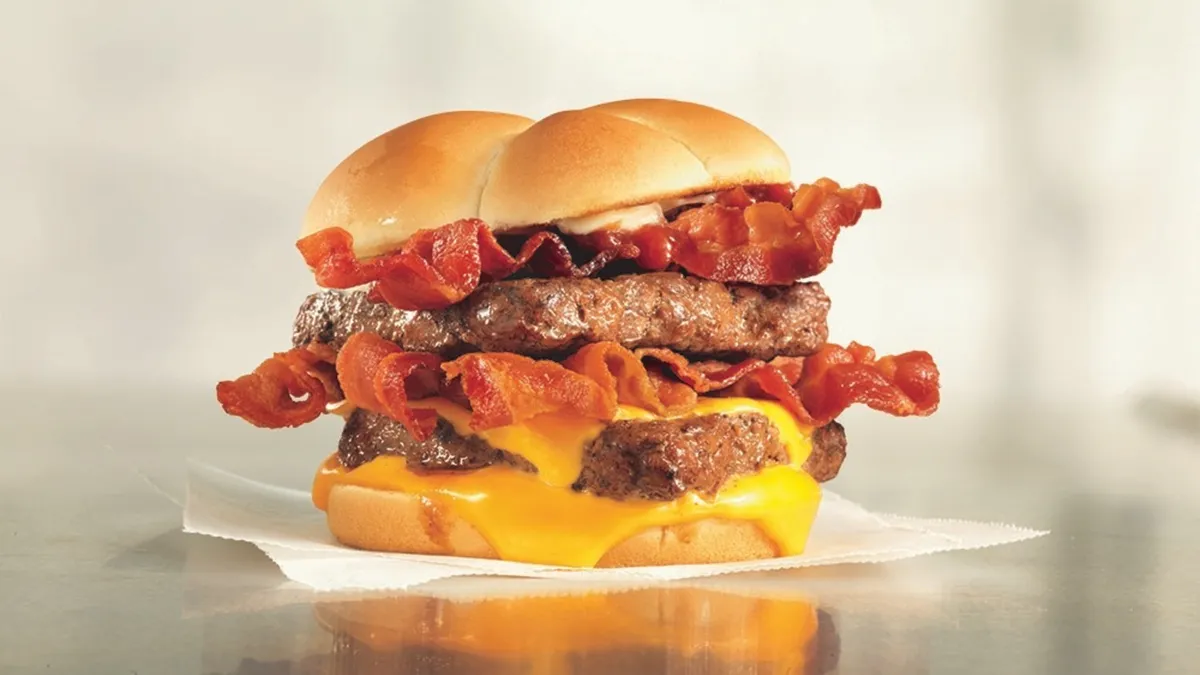Dive Brief:
- A coalition of 80 investors representing $6.5 trillion in assets under management sent letters to five major quick-serve restaurant groups today demanding an explanation for how they will de-risk their meat and dairy supply chains by March 2019, according to a press release emailed to Supply Chain Dive.
- The letters — sent to Domino’s Pizza, McDonald’s, Restaurant Brands International (owners of Burger King), Chipotle Mexican Grill, Wendy’s Co. and Yum! Brands (owners of KFC and Pizza Hut) — are part of a campaign led by sustainability nonprofit Ceres, and Farm Animal Investment Risk and Return (FAIRR), an investor group that works to end factory farming.
- “Other high-emitting industries, such as cars or oil and gas, are beginning to set clear yet ambitious climate targets, making animal agriculture one of the world’s highest-emitting sectors without a low-carbon plan. A failure to tackle these major environmental problems in corporate supply chains puts the long-term financial sustainability of these household names under threat,” said Jeremy Coller, Founder of FAIRR and Chief Investment Officer of Coller Capital in a statement.
Dive Insight:
The investors' demands on the restaurants are more focused on transparency than actual change, but the letters do call on the companies to know and disclose more information about their suppliers and set firm goals for the future. More specifically, investors demanded the companies:
- Adopt a supplier policy with clear requirements for suppliers of animal protein products to report and reduce greenhouse gas (GHG) emissions and freshwater impacts;
- Publish quantitative, time-bound targets to reduce the GHG emissions and freshwater impacts of their own meat and dairy supply chains;
- Commit to publicly disclose progress on these targets annually;
- Undertake a climate scenario analysis in line with the recommendations of the Task Force on Climate-related Financial Disclosures (TCFD).
The view that unsustainable practices are a business risk is a relatively new one, but it is picking up steam. Just last week, Hershey announced plans to work more closely with farmers in cocoa-producing countries to adapt to and help mitigate climate change.
Like the cocoa supply chain, the animal product supply chain is well-known for its contribution to climate change. Yet, according to FAIRR, more than 70% of meat and livestock-dependent companies have not set targets for reducing emissions in their supply chains.
“When it comes to evaluating market risk, rising global temperatures and intensifying competition for water access are increasingly material factors for investors," Eugenie Mathieu, Senior SRI Analyst from Aviva Investors, said in the press release. "This is especially the case in the meat and dairy sector."














